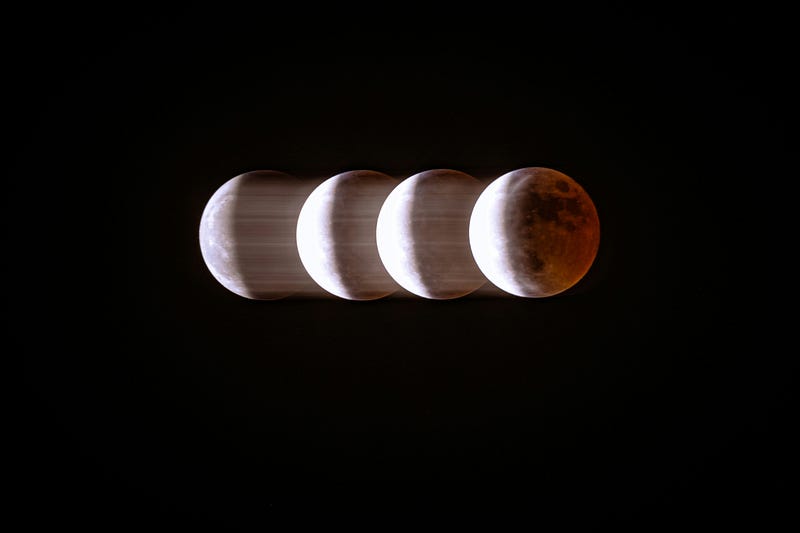The Enigmatic Seven-Day Week: History and Significance
Written on
The Origins of the Seven-Day Week
The division of our week into seven days is not merely a convenient scheduling tool; it is a historical and astronomical wonder! This practice, seemingly arbitrary, has deep roots in various cultures over thousands of years, becoming integral to our understanding of time.
The Lunar Influence
Let’s delve into the moon — the celestial body that illuminates our night sky. Ancient civilizations, particularly the Babylonians, were captivated by the lunar cycle. These early astronomers observed that the moon transitions through approximately four primary phases (new moon, first quarter, full moon, and last quarter), each spanning around seven days. This celestial observation is no accident; our week aligns harmoniously with these lunar phases, linking our daily lives to the cosmos.
The Significance of Seven
But what makes the number seven so special? It appears in numerous cultural contexts, often regarded as magical. From the seven wonders of the ancient world to Snow White’s seven dwarfs, this number holds significant weight. Astronomically, the ancients found relevance in this numeral as well. The Romans, influenced by Babylonian knowledge passed through the Greeks, named the days of the week after the seven celestial bodies visible to the naked eye: the Sun, Moon, Mars, Mercury, Jupiter, Venus, and Saturn. This fusion of mythology and timekeeping resulted in a calendar system that propagated throughout the Roman Empire and remains relevant in today’s society.
The Endurance of the Seven-Day Cycle
You may question why the seven-day week has persisted despite lacking a direct correlation to the length of a year or the precise duration of a lunar cycle. Its longevity can be attributed to tradition and the balance it offers between labor and leisure. The seven-day structure provides a rhythmic flow to life, breaking time into manageable segments that have become culturally ingrained. It allows enough time for productivity while ensuring regular rest, aligning well with our natural cycles and social practices.

Photo by S. Tsuchiya on Unsplash
Consequently, although the seven-day week may not perfectly correspond with astronomical patterns, its origins in lunar cycles and the enchanting allure of the number seven have ensured its enduring presence. This ancient method of timekeeping has withstood the test of time, not necessarily due to scientific precision, but because it resonates remarkably well with human nature and the larger rhythms of our universe.